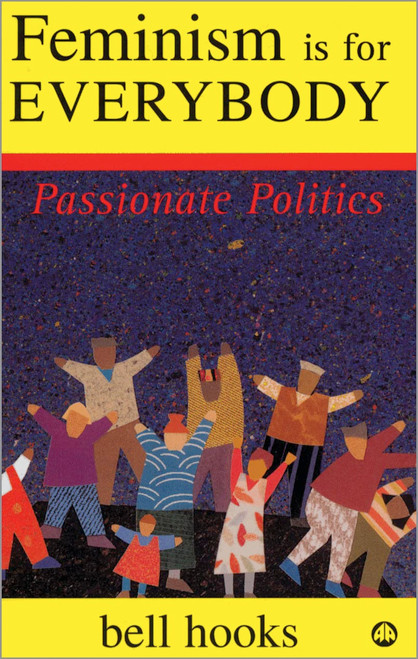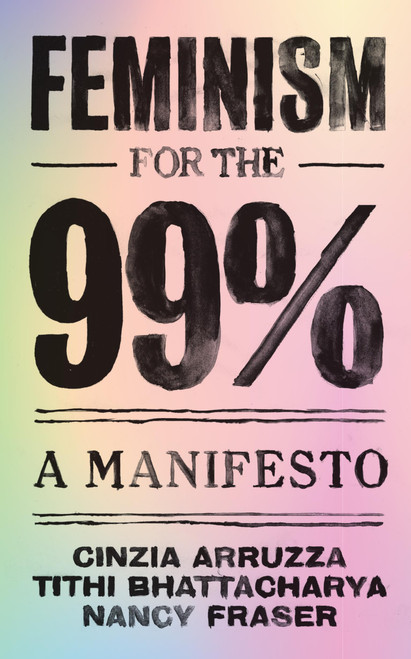What is sexist oppression? What should be done about it? Organized around these questions, Theorizing Feminisms: A Reader provides an overview of theoretical feminist writing about the quest for gender justice. Incorporating both classic and cutting-edge material, the reader takes into account the full diversity of women, highlighting the effects of race, ethnicity, nationality, class, sexuality, and religion on women's experience.
Theorizing Feminisms is organized into four sections and includes fifty-four essays. The first section introduces several basic concepts commonly employed when thinking about sexism--oppression, social construction, essentialism, intersectionality, gender, race, and class--and also raises questions about the perspective and legitimacy of the theorist. The second section surveys three approaches that attempt to characterize in a general way the source of injustice toward women: humanist feminism ( the sameness approach ), gynocentric feminism ( the difference approach ), and dominance feminism. Offering an alternate perspective, the third section introduces two localizing approaches, grounded in postmodernism and identity politics, respectively. Skeptical of theories that attempt to analyze social phenomena across history and culture, authors in this section challenge, rather than answer, the text's organizing questions. The final section explores the relationship of feminist theory to three liberatory projects--postcolonialism, neo-materialism, and queer theory--that do not characterize themselves as feminist, yet take gender as a significant category of analysis. Each section opens with an introduction and each essay is followed by helpful study questions. The majority of the essays are presented in their entirety.
Theorizing Feminisms underscores the strong connection between feminist theory and practice by including essays that illustrate important political inspirations or applications of each theoretical approach. It also presents versions of the same approach from various points in history, revealing feminist theory to be dynamic and evolving, rather than static. Ideal for interdisciplinary courses in feminist theory, this volume will also serve as an invaluable reference for current and future generations of theorists.
Theorizing Feminisms: A Reader
$16.27 - $102.80
- UPC:
- 9780195150094
- Maximum Purchase:
- 3 units
- Binding:
- Paperback
- Publication Date:
- 2005-11-24
- Language:
- english
- Edition:
- 1










